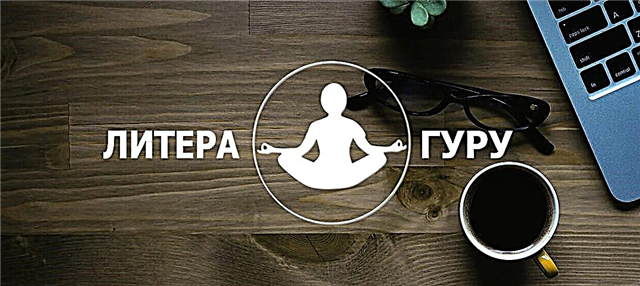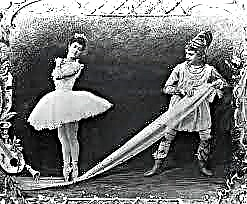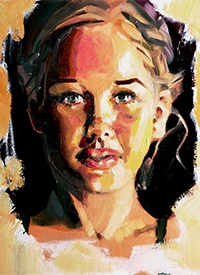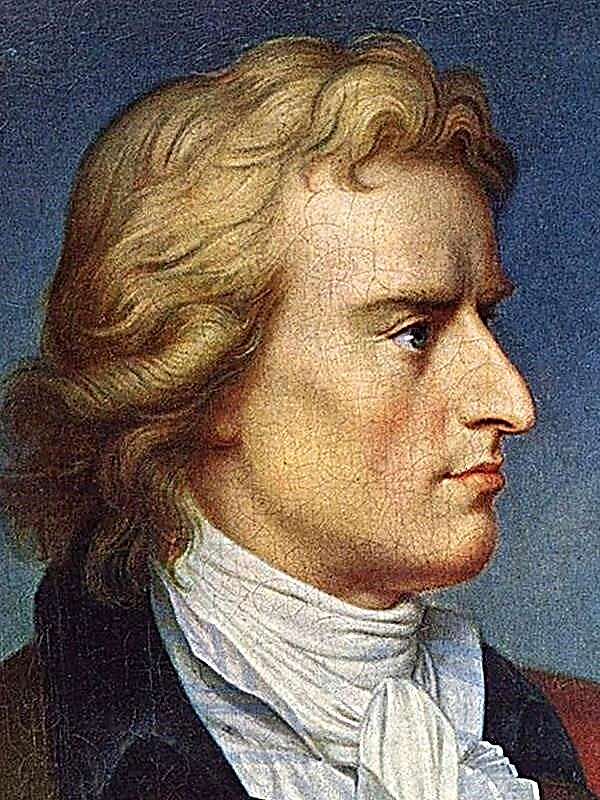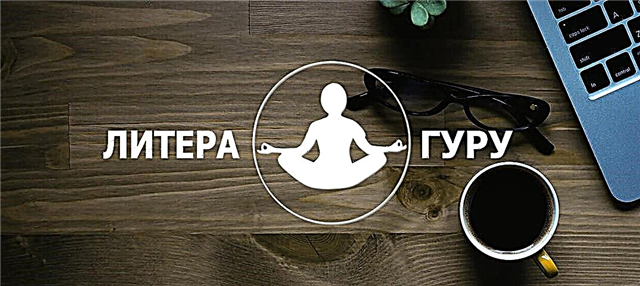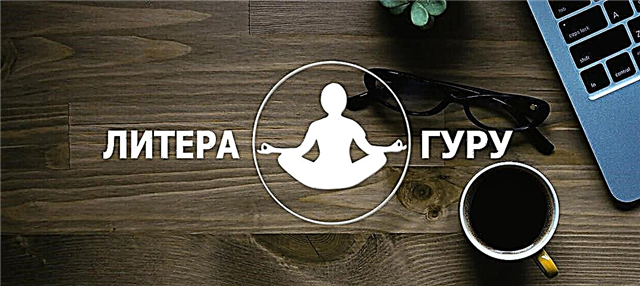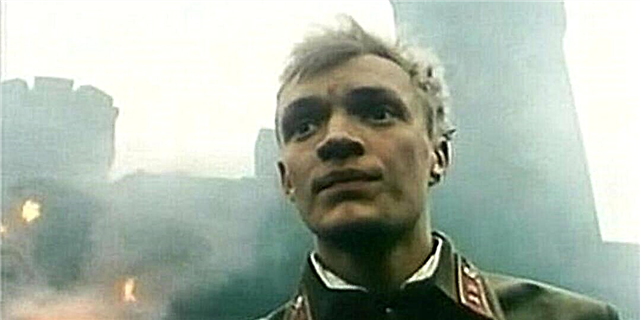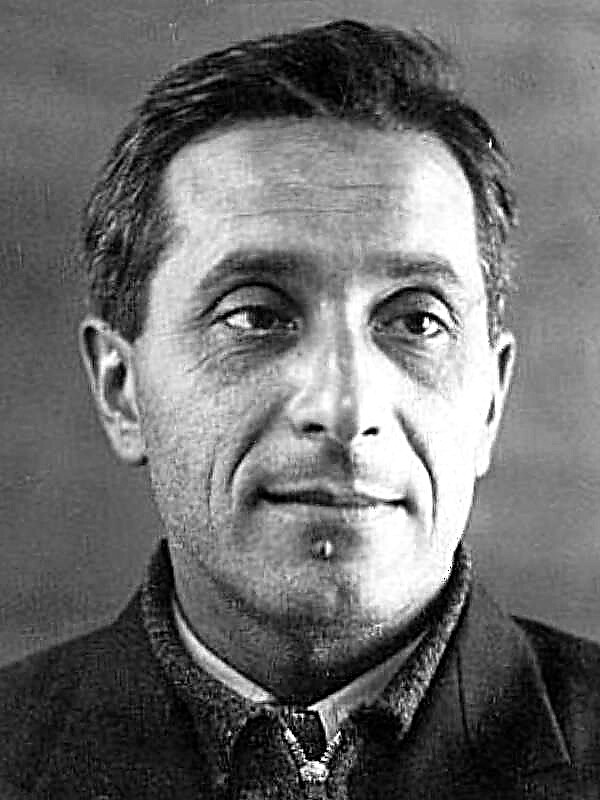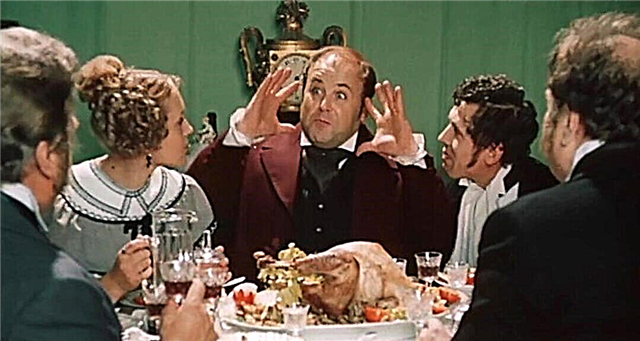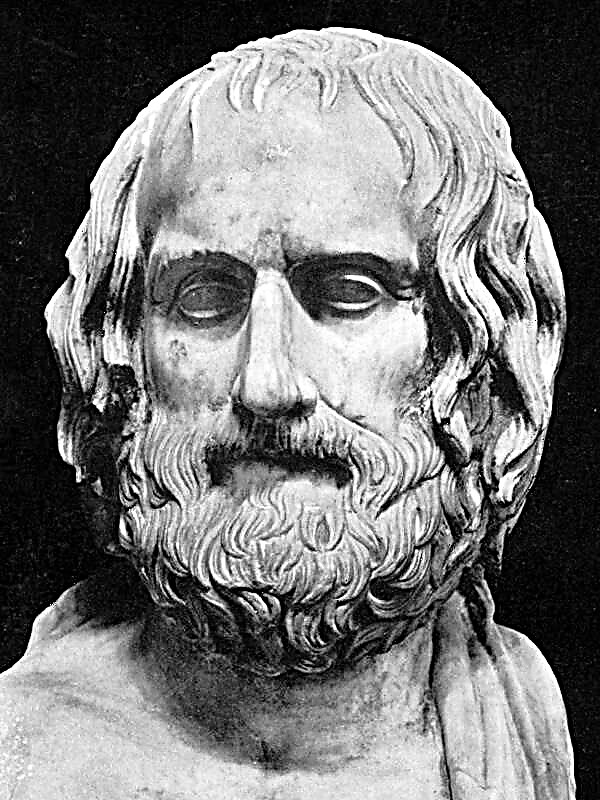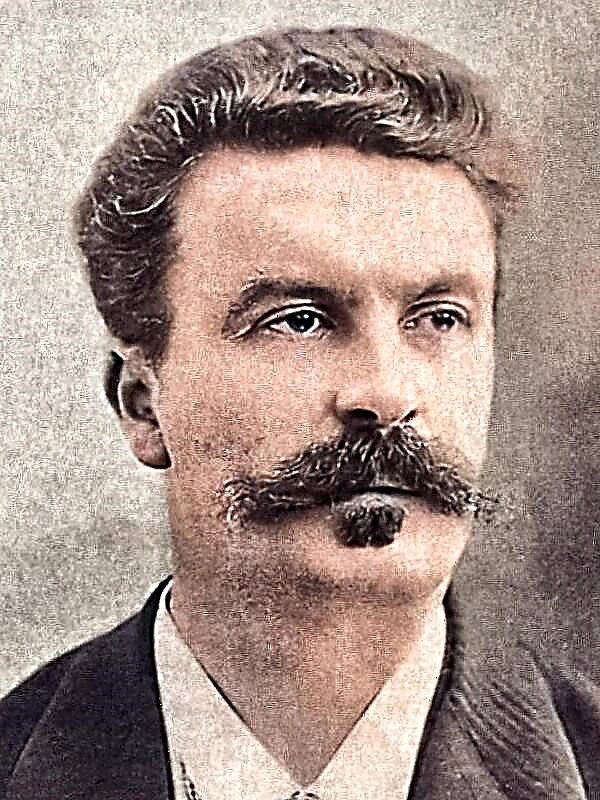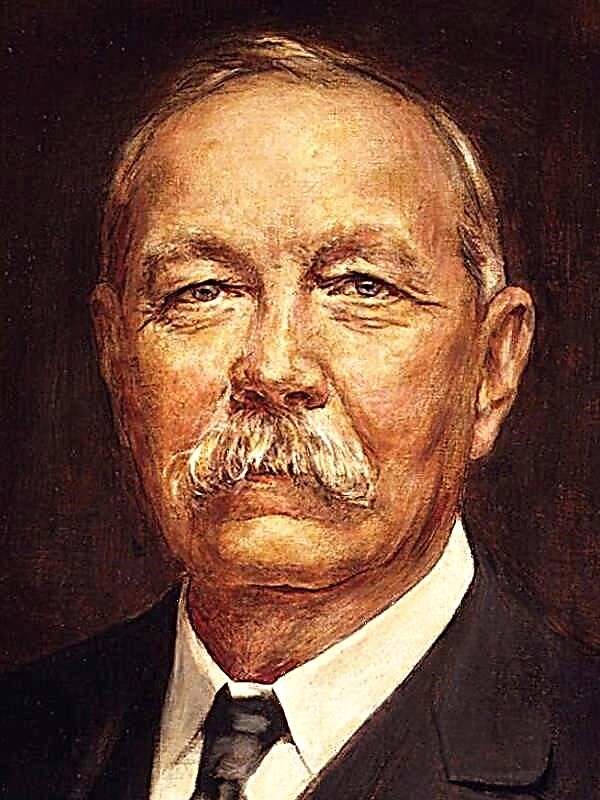Anton, a fifty-year-old serf man, lean and hunched over, staring out at the world of God with dead eyes, is busy preparing fuel for the winter.
Returning to his hut, Anton finds a guest there, the poor old woman Arkharovna, who is not so much begging as she is looking for good from the inhabitants of the village. Anton has to supper one prison of kvass and bread, but he does not grumble and still manages to give half of his share to the children. Having bored with her grandmother, Anton recalls his brother and son Arkharovna, whom they had taken as soldiers — for a long time there was no news from them.
The peasant’s speeches are addressed not so much to the guest as to himself: how many times has he considered his bitter life ... The villain-manager is seizing his age, the time has come to pay money, but not a penny; threatens Nikita Fedorych to surrender Anton to soldiers, and who then will feed his wife and youngsters?
Before Anton left the table, he was called to the manager. Nikita Fedorych, a stout and squat man who looks like a bulldog, threatens to meet an underdog and, not listening to his plaintive excuses, demands to sell the last horse to pay off his master.
No matter how crying, no matter how his wife is killed, Anton has to go to the fair in the city and sell his nurse.
To top it off, on the road he meets Anton the miller, whom he has long avoided (and he owes the miller for grinding). The miller, of course, also requires his own.
At the fair, the already shy and frightened peasant was completely at a loss. And then there were gypsy-horses and fraudsters hunting near horses (they pretend that they want to help Anton) completely confused the farmer’s head. The day goes by in vain - Anton still does not dare to sell the pogashka, fearing to cheapen.
Anton's new "friends" lead him to spend the night in an inn, where they solder a man who has become agitated by fatigue and hunger ... In the morning, the poor fellow discovers the horse’s loss.
The innkeeper, in collusion with the robbers, demands that Anton pay for dinner and vodka. He has to give him the last short fur coat from himself.
“Knowing people” advise Anton to go in search of a horse to one of the nearby villages, although they are savvy that without a ransom he will only knock down his legs in vain.
Advisers comfortably settled on the bench for a long time still discussing the misfortune that had happened to Anton. They are listened to by newly arrived guests, one of whom is familiar with the miserable. He explains the main cause of Anton's disasters. The manager disliked him, confident that the complaint to the master about the self-will of Nikita Feodorich came from Anton.
While Anton wanders unknownly through impassable mud, Nikita Fedorych pampers himself with tea, feeds the already fat clumsy son and moves with his wife.A miller takes him away from these pleasant activities, with whom the manager deals with dark affairs. The miller complains all of the same Anton - does not want to pay for the grinding.
Nikita Fedorych got along with the miller and was about to resume tea drinking, but here his wife comes in with renewed vigor, not without reason suspecting that her missus is withholding the money received from the miller.
For three days Anton wanders in search of a stolen nag in the dank autumn lanes. In grief, he does not notice either icy rain, or fatigue, nor hunger and cold.
Searches, as one would expect, are futile. Almost dumbfounded, Anton returns early in the morning to his village and the first thing he goes to Nikita Fedorych. The guards do not let him in - the manager is still resting.
Like a madman, an unfortunate man runs home and runs into Arkharovna. He remembers the rumors that went around the village about her secret wealth, and Anton decides that she can help him out. “Help, if you want to save the Christian soul from sin, give money!” He shouts in desperation.
A frightened old woman leads him into a ravine, in which, according to her, a small fraction of rubleviks is hidden in her small capsule.
However, in the ravine Anton grabbed two dozen well done. In one of them he recognizes his brother Yermolai. The other turns out to be the son of an old woman - and both of them are fugitive soldiers, now hunting for theft and robbery.
Yermolai tells how they robbed a merchant yesterday and promises to help his brother. It is only necessary first to meet in a tavern.
In the tavern of Anton, a new disaster awaits, worse than the former. In the tavern, Yermolai and his partner are identified and detained, and with them Anton is knitted as an accomplice.
A week after these events, almost the whole village people crowd on the street. Everyone wants to see the robbers being taken to prison. Onlookers are especially interested in heavy birch pads that will kick criminals to their feet.
In the crowd they discuss Anton’s fate and blame him on all the thefts that happened in the district. "Well, okromy okromy there is no one to see who has what ..."
Finally, a procession appears in the composition of Nikita Fedorych, escort soldiers and prisoners. Behind Anton, who comes last, drag his wife and children, roaring at the top of their voice. When it came the turn to fill the pads with Anton, the poor fellow, "sitting by now with a look of complete numbness, slowly raised his head, and tears dripped from his hail."
Yermolai and the son of Arkharovna in public are swaggering and joking, but in the end Antonov’s brother shouts to his fellow villagers without jokes: “Do not remember badly! Goodbye, brothers, goodbye, do not forget us! ”
Carts with prisoners are approaching the outskirts, and, as if hiding them from human eyes, fluffy flakes of snow begin to cover the frozen ground, and the cold wind begins to blow even harder.
And only Nikita Fedorych escorts the departing eyes, glad that he did away with the "robbers".

